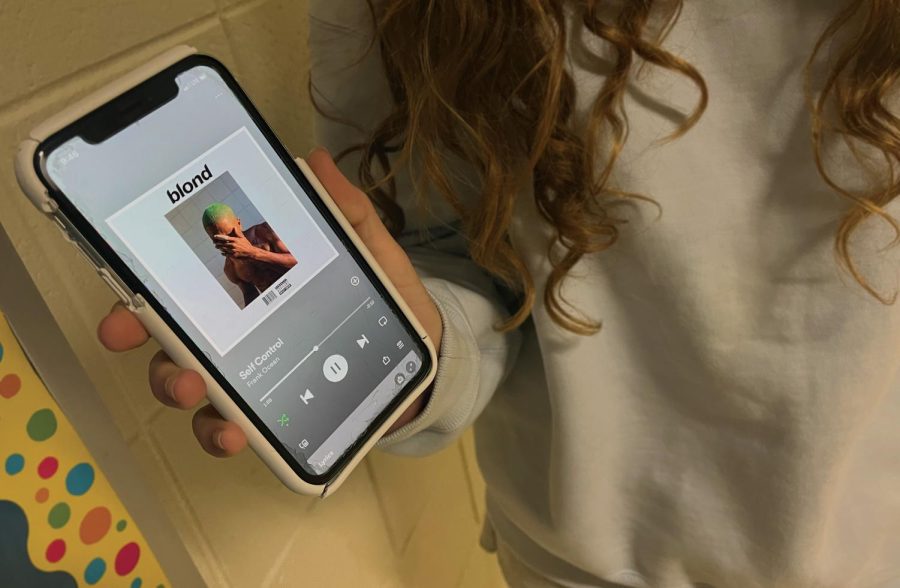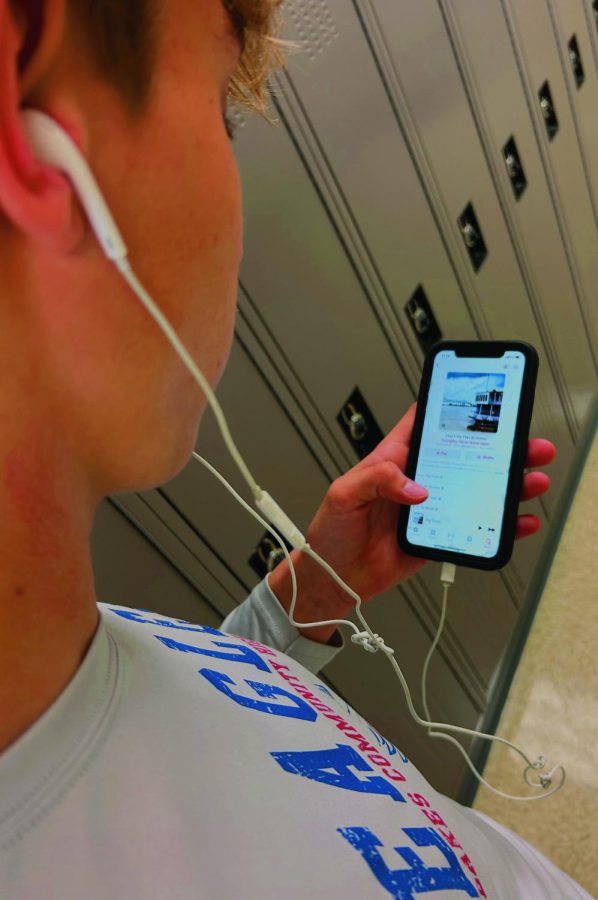Will We Know Who Won on Election Night?

During every presidential election, who the next president will be is determined by the end of the night. Traditionally, cable news networks and other outlets have projections that they can confirm as to who won the election. But, in 2020, as with many facets of the American and global experience, things could be very different than usual.
The unprecedented amount of mail-in ballots for the presidential election can change the way it usually works on Election Night. The coronavirus pandemic led to many voters deciding to skip the in-person process for health and safety reasons, which meant that many voters decided to vote by mail instead. This means that Election Day and Election Night may become Election Week, or even Election Month.
States like Michigan have said that they cannot provide results on November 3rd, which means that the typical election projections may have to be drawn out until all of the necessary results are sorted through. Publications like the New York Times have compared this year’s election to the controversial 2000 election, which was determined weeks later in the Supreme Court.
On top of the delayed results, initial results on the 3rd may show an increased lead for Donald Trump before all of the results are counted, as Republican voters are not as numerous as Democrats are in the mail-in ballots. This phenomenon has been called the “red surge”, as the lead may be much larger than it will be on Election Night itself. This may lead to many Americans feeling as if the election is going to be a sure Republican victory.
However, another phenomenon, dubbed the “blue wave”, would be a hypothetical comeback of sorts as more and more mail-in ballots are counted for Joe Biden. This situation could be what causes the election to be seemingly over, but then very close as the days after the election come and go.
Of course, these issues compound glaring voter suppression issues in many states, as universal mail voting wasn’t provided nationwide. Also, states like Texas have only one physical polling place per county, which could mean less representation than usual from urban areas like Houston and Dallas.
Overall, this year’s election process will be much different than usual and will add another challenging wrinkle in a race that has been full of tribulations. The combination of delayed results and a challenge to vote in the first place in many cases is a one-two punch that will make this close race even murkier.
















